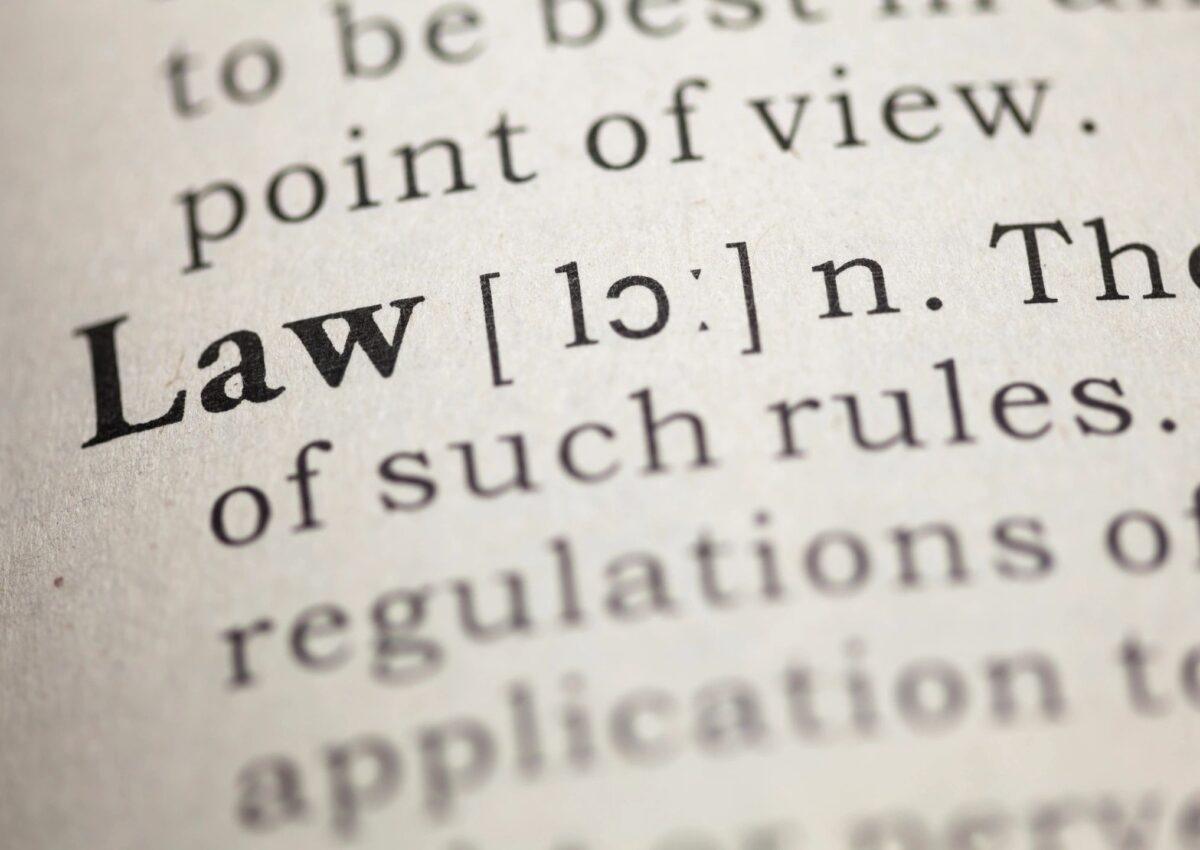
“Both during the course of marriage and in the division of assets and liabilities in the event of dissolution, tort liability presents a separate and distinct issue. [Fam. Code, § 1000] A married person does not bear liability for injury caused by his or her spouse except in the case where the person would be liable if the marriage did not exist (for example, liability under Veh. Code § 17150 for vicarious liability for permissive use of a person’s vehicle). Accordingly, one spouse’s separate property is not liable for the tort caused by the other spouse. Community property may be liable for the torts of a spouse, depending on the nature of the activity that led to the tort. Fam. Code § 1000, subd. (b) sets forth the order of liability of property for a tort caused by a spouse as follows: (1) If the tort occurs while a married person is performing an activity for the benefit of the community, the liability is first satisfied from community property, and then from the separate property of the person causing the tort if community property is insufficient to satisfy the obligation. (2) If the liability is based on an act that is not for the benefit of the community, the liability must be first satisfied from the separate property of the married person, and then from the community estate if the separate property is not sufficient to satisfy the liability.”
[California Civil Practice Family Law Litigation [certain citations omitted]]
Law Offices of James R. Dickinson – 909-848-8448
How To Schedule A Consultation:
Please call us at 909-848-8448 to schedule a free consultation/case evaluation or complete the form immediately below. [Please note certain formalities must be completed to retain the Law Offices of James R. Dickinson, such as the signing of a legal fee agreement [see “Disclaimers”]].
